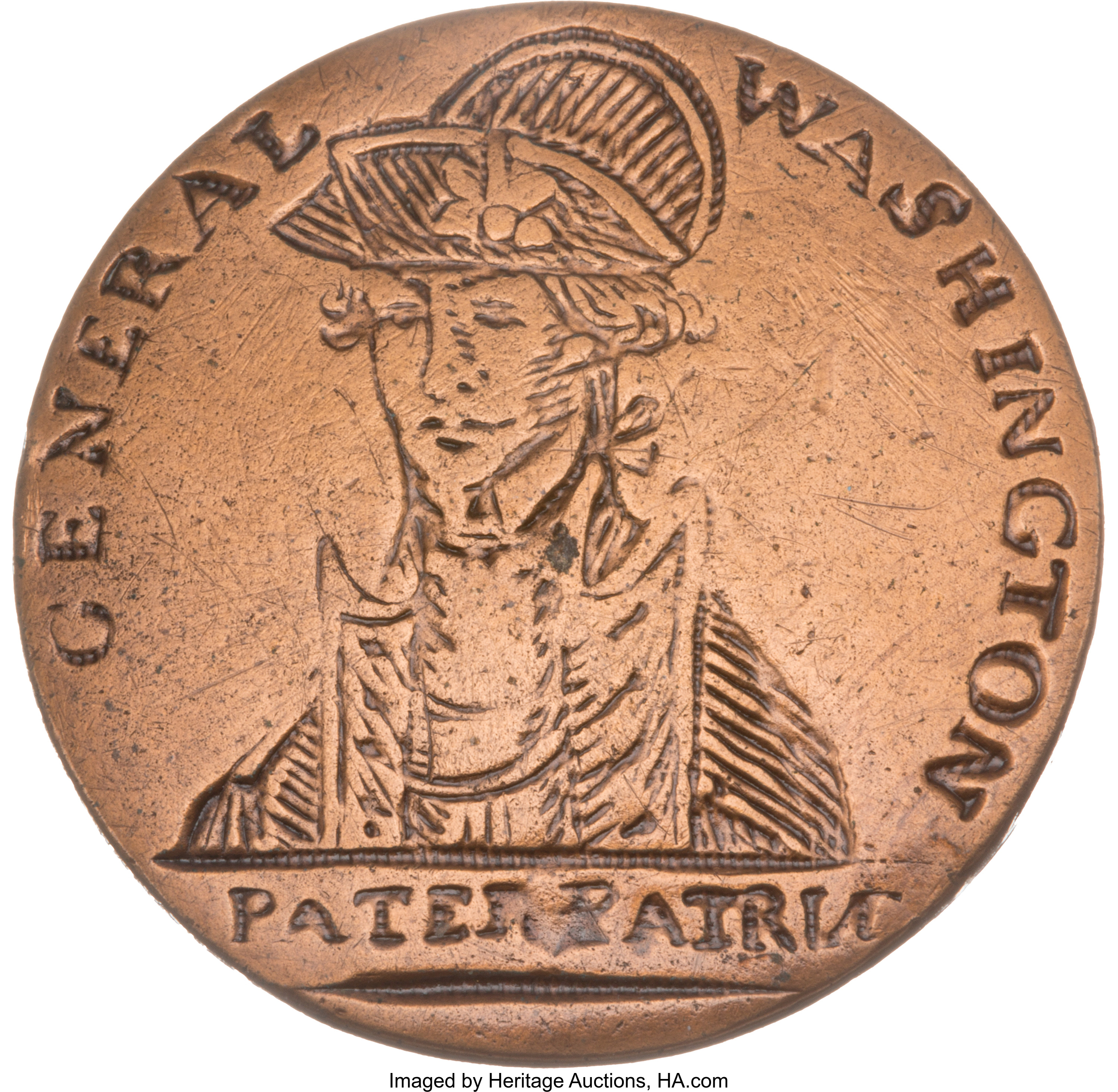
By Jim O’Neal
Presidential scholars typically list George Washington, Abraham Lincoln and Franklin Delano Roosevelt as our finest presidents. I tend to favor Washington since without him, we would probably have a much different country in so many aspects. If there were any doubts about the feats of the “Father of Our Country,” they were certainly dispelled in 2005 when David McCullough’s 1776 hit bookstores, followed five years later by Ron Chernow’s masterful Washington: A Life, which examined the man in exquisite detail. They didn’t leave much ground uncovered, but there are still a few tidbits that haven’t become overused and still interesting for those interested in fresh anecdotes.
For example, Washington wasn’t aware that on Nov. 30, 1782, a preliminary Treaty of Paris was signed that brought American Revolutionary hostilities to an end. The United States was prevented from dealing directly with Great Britain due to an alliance with France that stipulated we would not negotiate with Britain without them. Had he known, Washington would have been highly suspicious since King George III “will push the war as long as the nation will find men or money.” In a way, Washington would have been right since the United States had demanded full recognition as a sovereign nation, in addition to removal of all troops and fishing rights in Newfoundland. The king rejected this since he was still determined to keep the United States as a British colony, with greater autonomy. Ben Franklin naturally opposed this and countered with adding 100 percent of Canada to the United States. And so it went until May 12, 1784, when the documents bringing the Revolutionary War to an end were finally ratified and exchanged by all parties.
It was during these protracted negotiations that Washington was concerned that the army might lose its fighting edge. He kept drilling the troops while issuing a steady stream of instructions: “Nothing contributes so much to the appearance of a soldier, or so plainly indicates discipline, as an erect carriage, firm step and steady countenance.” After all these years of hardships and war, Washington was still a militant committed to end the haughty pride of the British. To help ensure the fighting spirit of his army, Washington introduced a decoration designated as the Badge of Military Merit on Aug. 7, 1782. He personally awarded three and then authorized his subordinate officers to issue them in cases of unusual gallantry or extraordinary fidelity and essential service. Soldiers received a purple heart-shaped cloth, to be worn over the left breast. After a lapse, it was redesigned and is now the Purple Heart medal, awarded to those wounded or killed. The first was awarded on Feb. 22, 1932, the 200th anniversary of Washington’s birthday.
The victorious conclusion of the Revolutionary War left many questions unanswered concerning American governance, prominently the relationship between the government and the military. At the end, army officers had several legitimate grievances. Congress was in arrears with pay and had not settled officer food and clothing accounts or made any provisions for military pensions. In March 1783, an anonymous letter circulated calling on officers to take a more aggressive stance, draw up a list of demands, and even possibly defy the new government! Washington acted quickly, calling for a meeting of all officers and at the last moment delivered one of the most eloquent and important speeches of his life.
After the speech, he drew a letter from a pocket that outlined Congressional actions to be undertaken. He hesitated and then fumbled in his pockets and remarked, “Gentlemen, you will permit me to put on my spectacles, for I have not only grown gray, but almost blind, in the service of my country.” By all accounts, the officers were brought to tears, and the potentially dangerous conspiracy collapsed immediately.
He gets my vote.
 Intelligent Collector blogger JIM O’NEAL is an avid collector and history buff. He is president and CEO of Frito-Lay International [retired] and earlier served as chair and CEO of PepsiCo Restaurants International [KFC Pizza Hut and Taco Bell].
Intelligent Collector blogger JIM O’NEAL is an avid collector and history buff. He is president and CEO of Frito-Lay International [retired] and earlier served as chair and CEO of PepsiCo Restaurants International [KFC Pizza Hut and Taco Bell].
